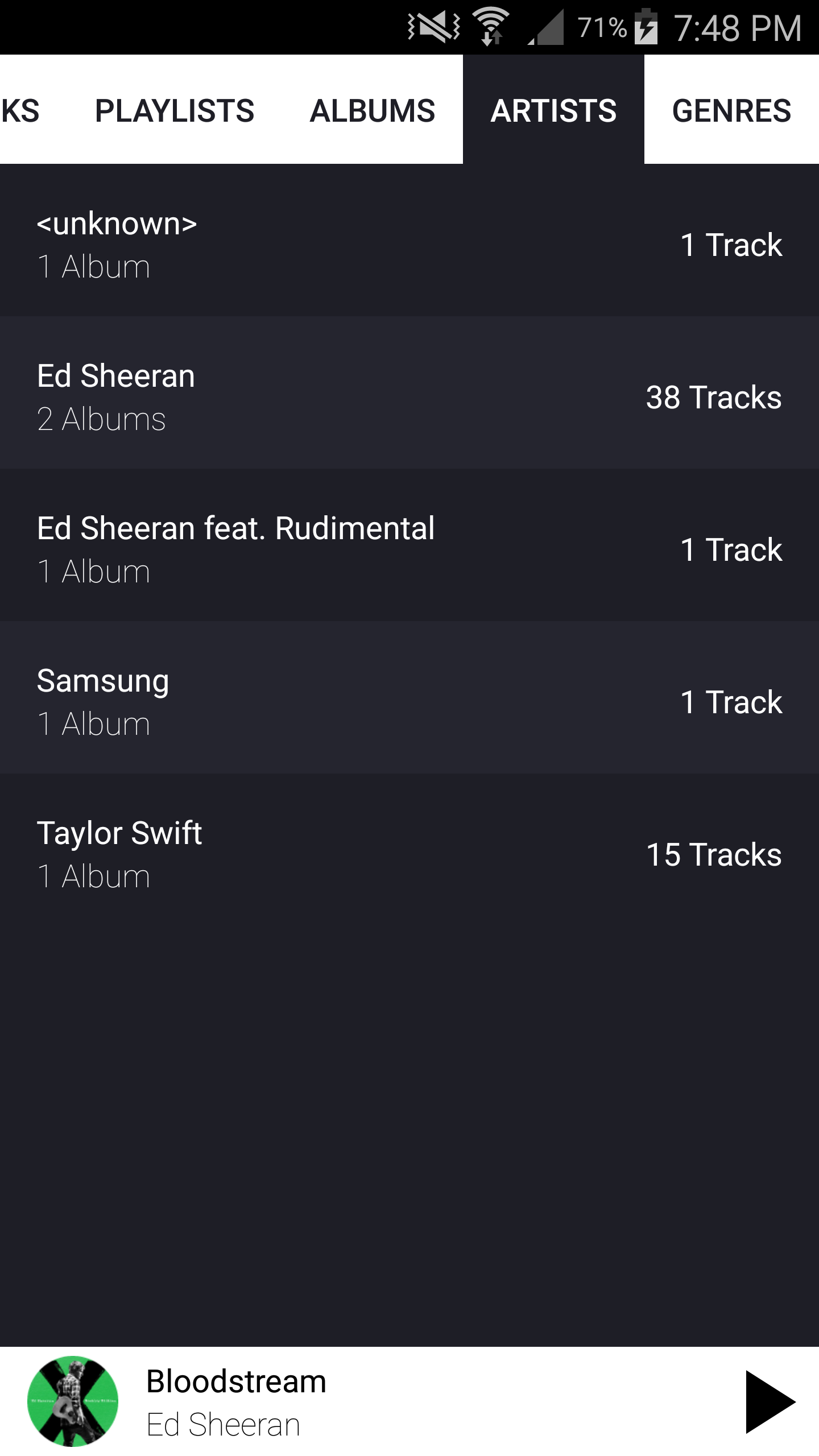Brainstorm on direction:
- pre-fetching algorithm/engine for uninterrupted audio streaming
- organic growth of music taste and neighbour discovery
- crowdsourcing of music playlists (magnet links, fight spam, build trust)
- Eurotoken foundation for artist donations
- flawless streaming of magnets (latency and stutter)
Work from now 15 years ago Wi-Fi Walkman: A wireless handhold that shares and recommend music on peer-to-peer networks
 Upcoming sprint: document related_work.tex in thesis wording?
Upcoming sprint: document related_work.tex in thesis wording? 










(Placeholder issue for msc thesis)
Problem statement